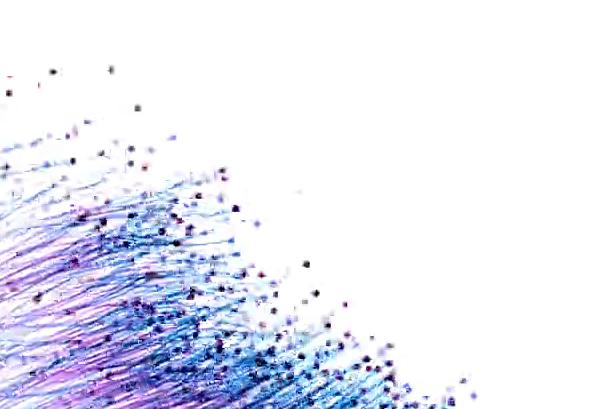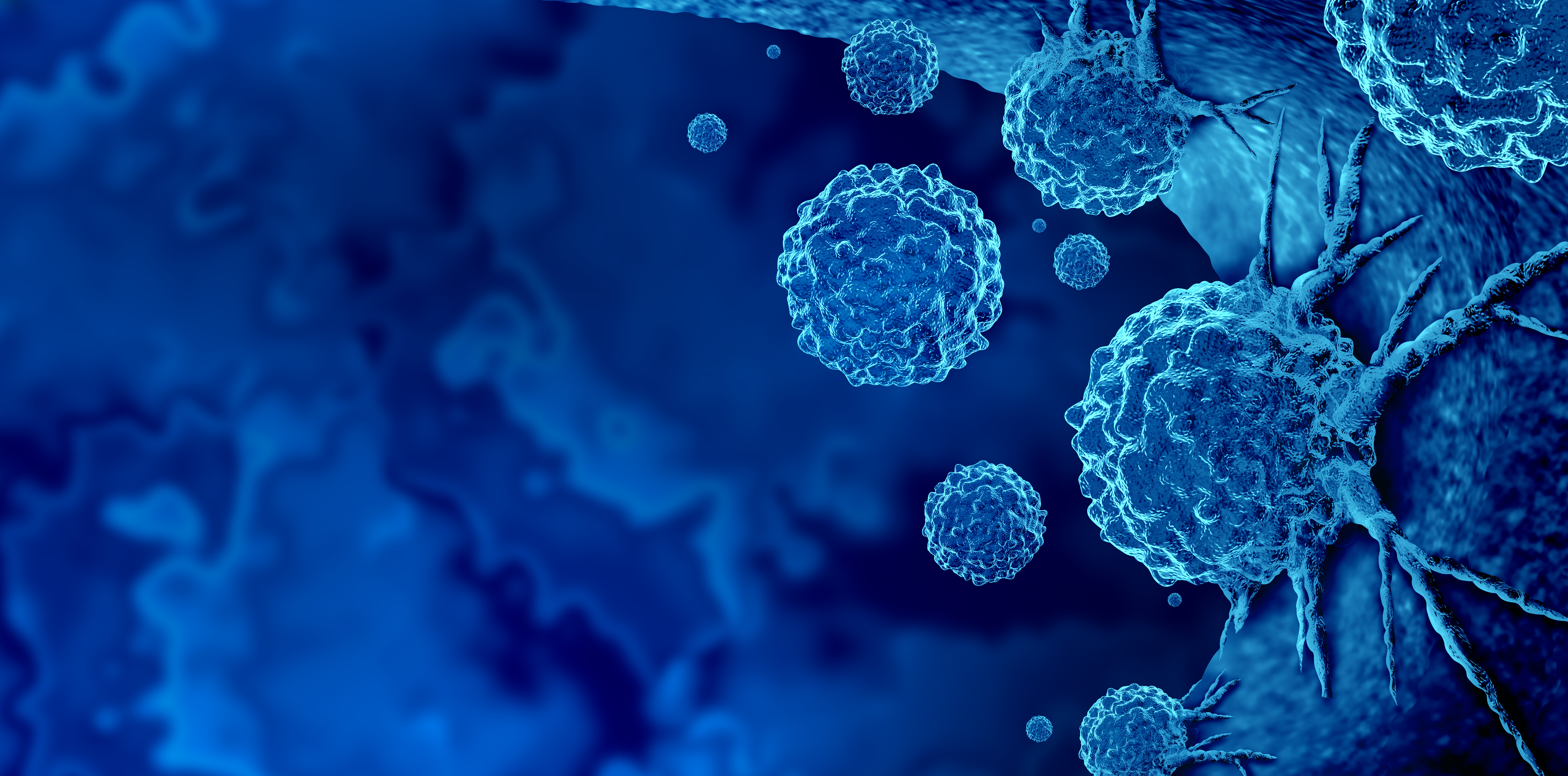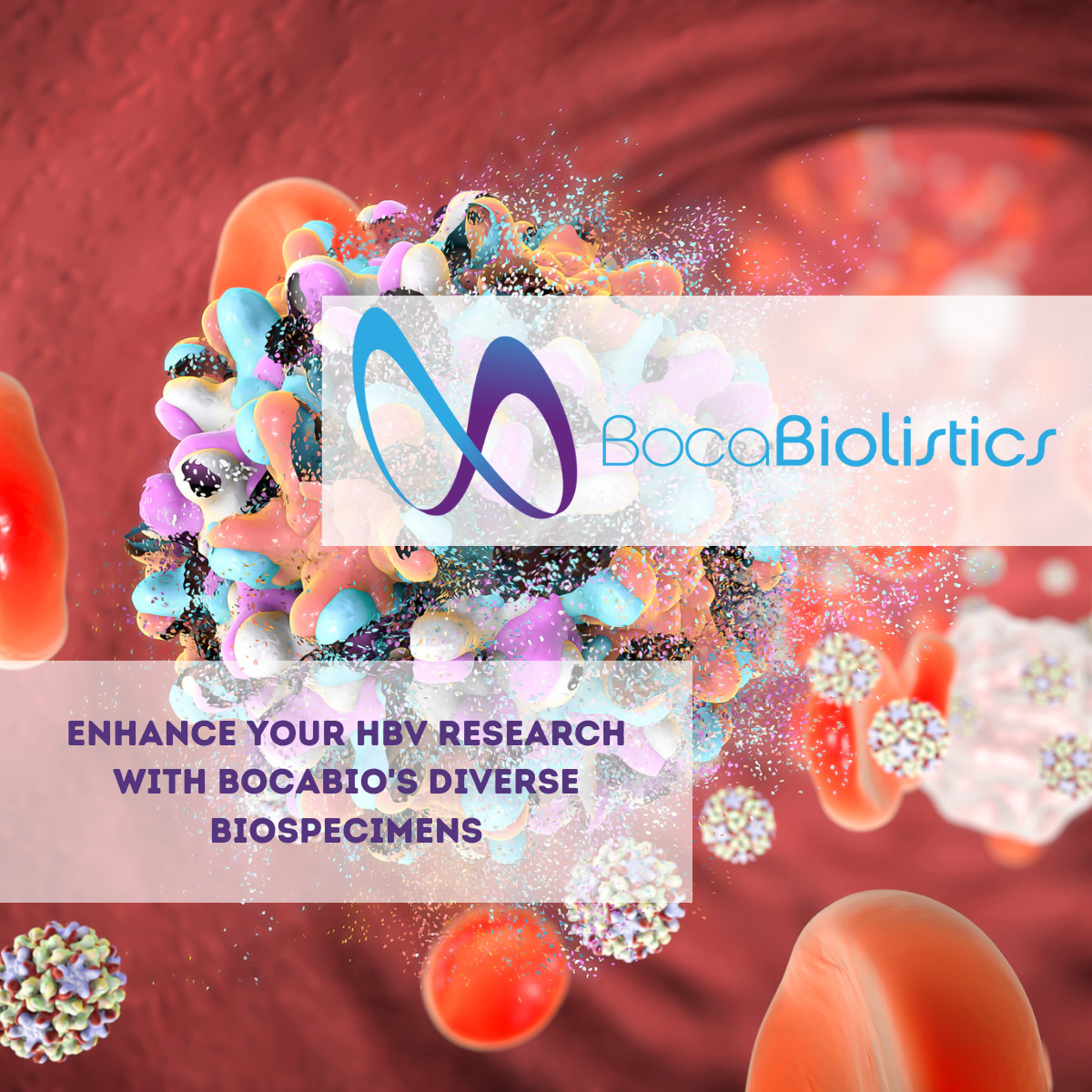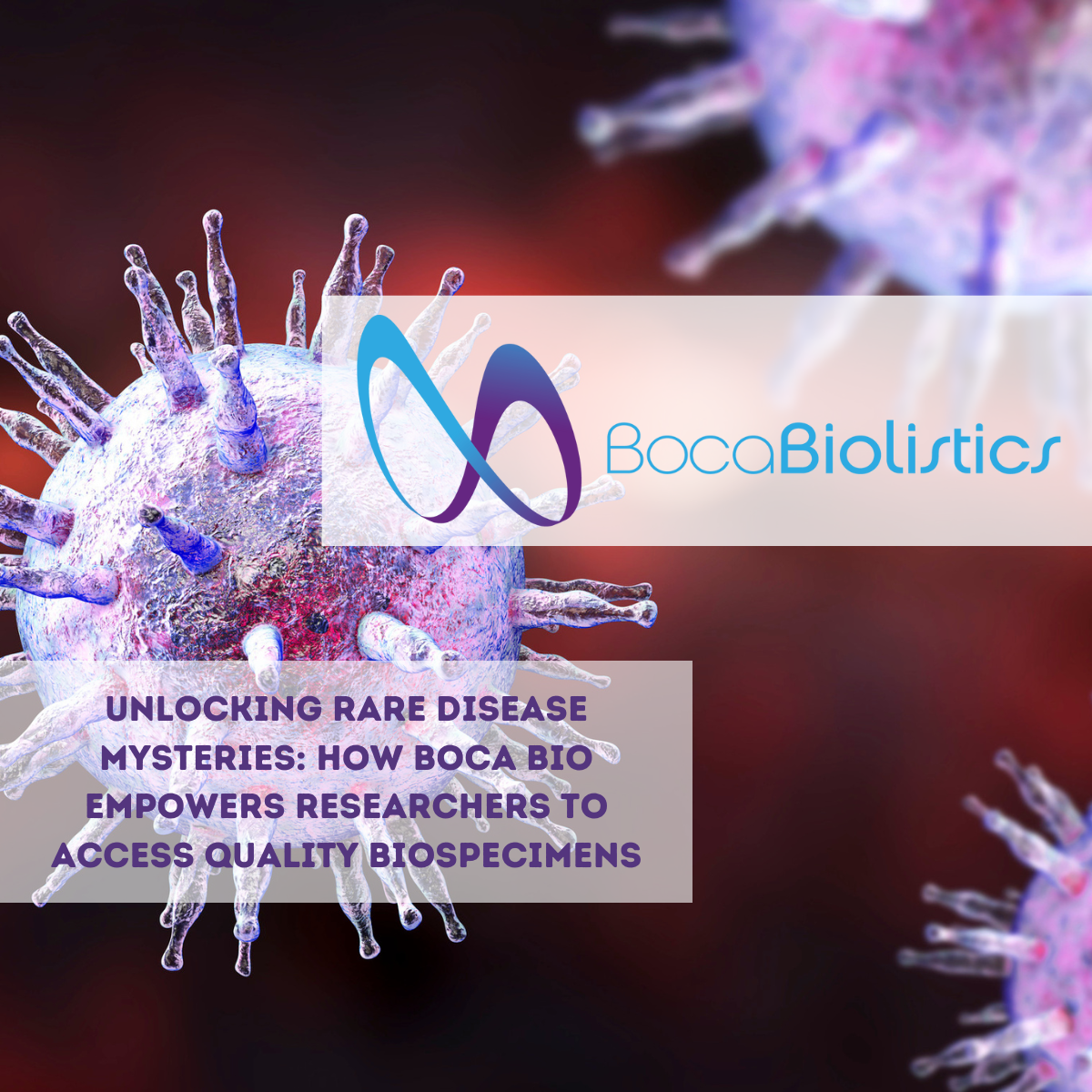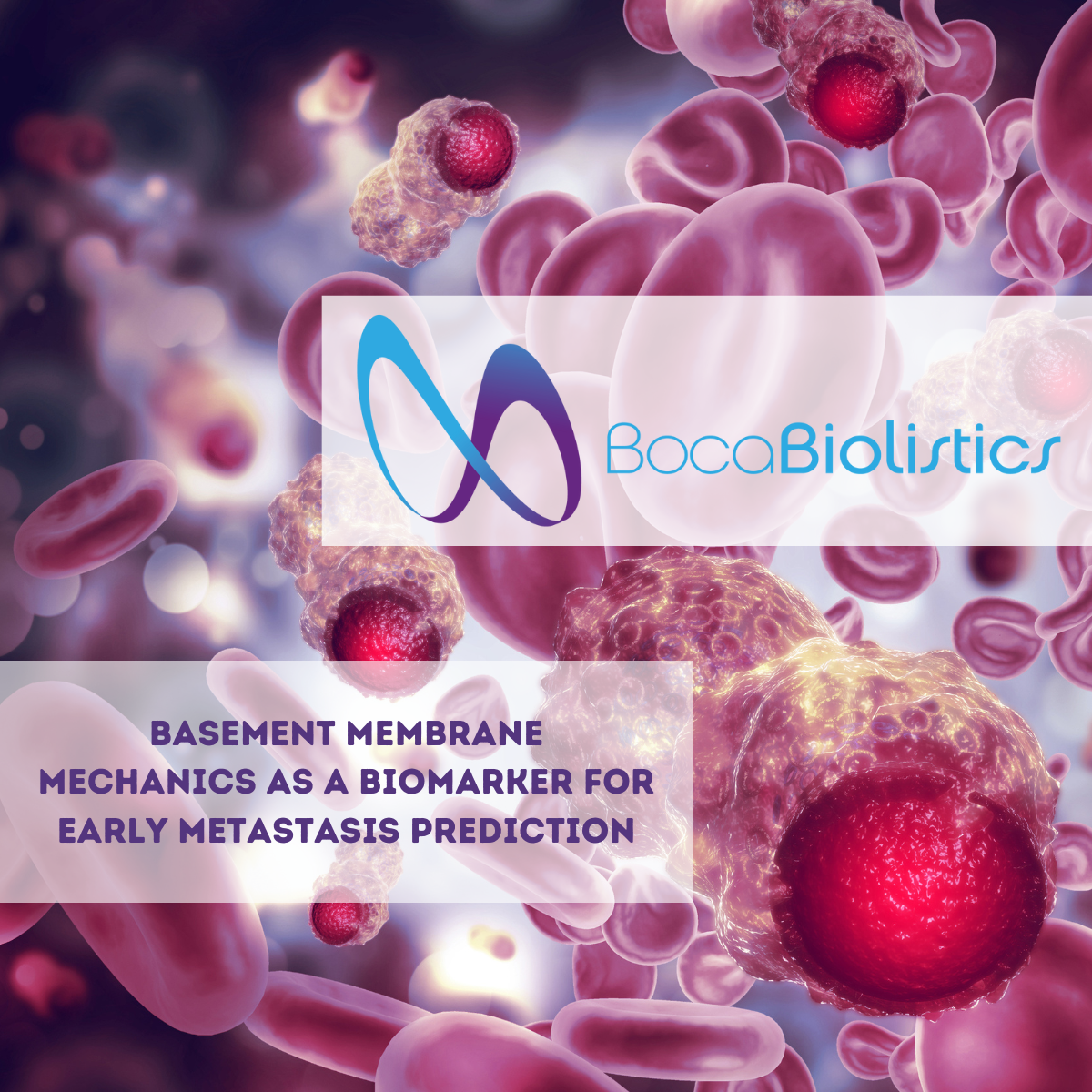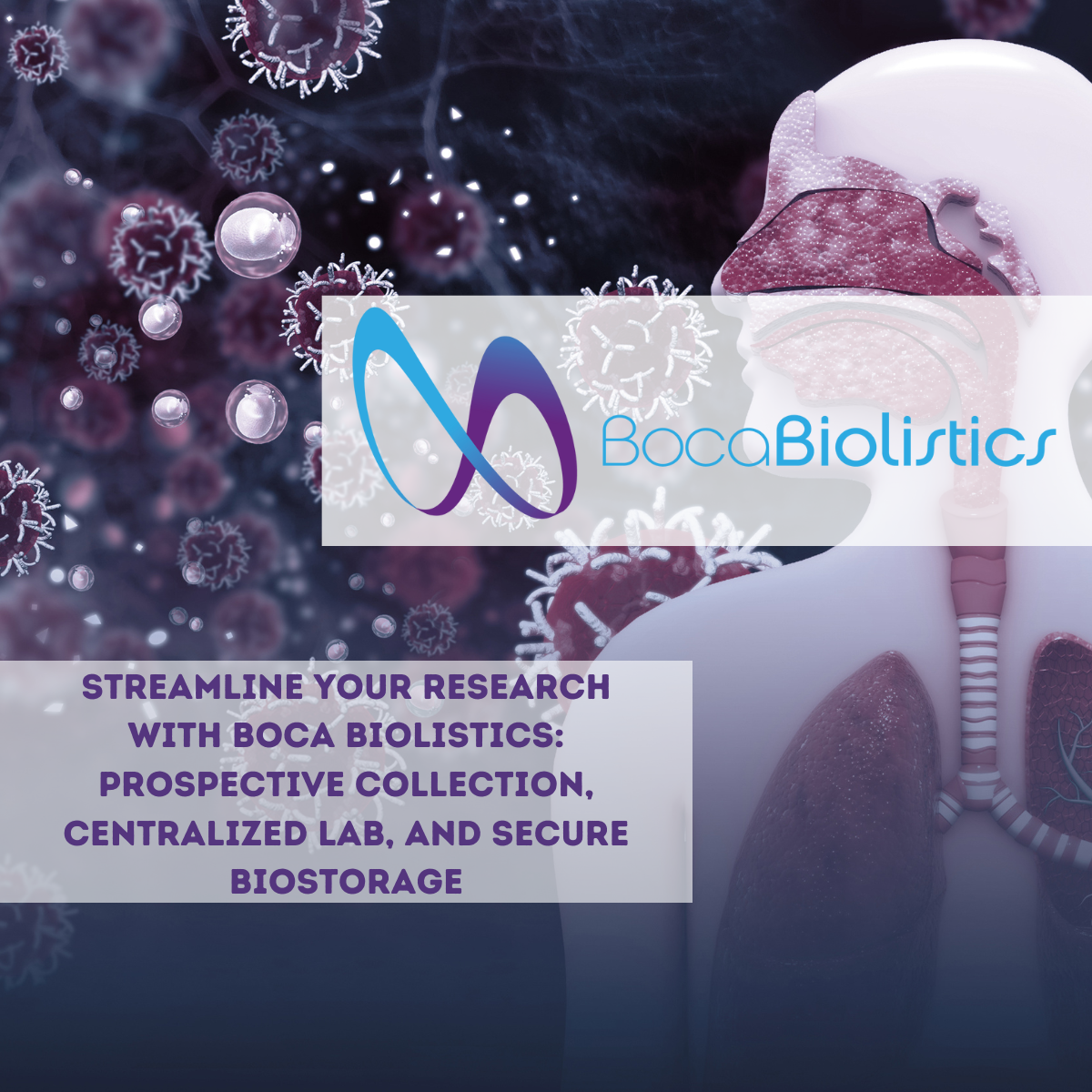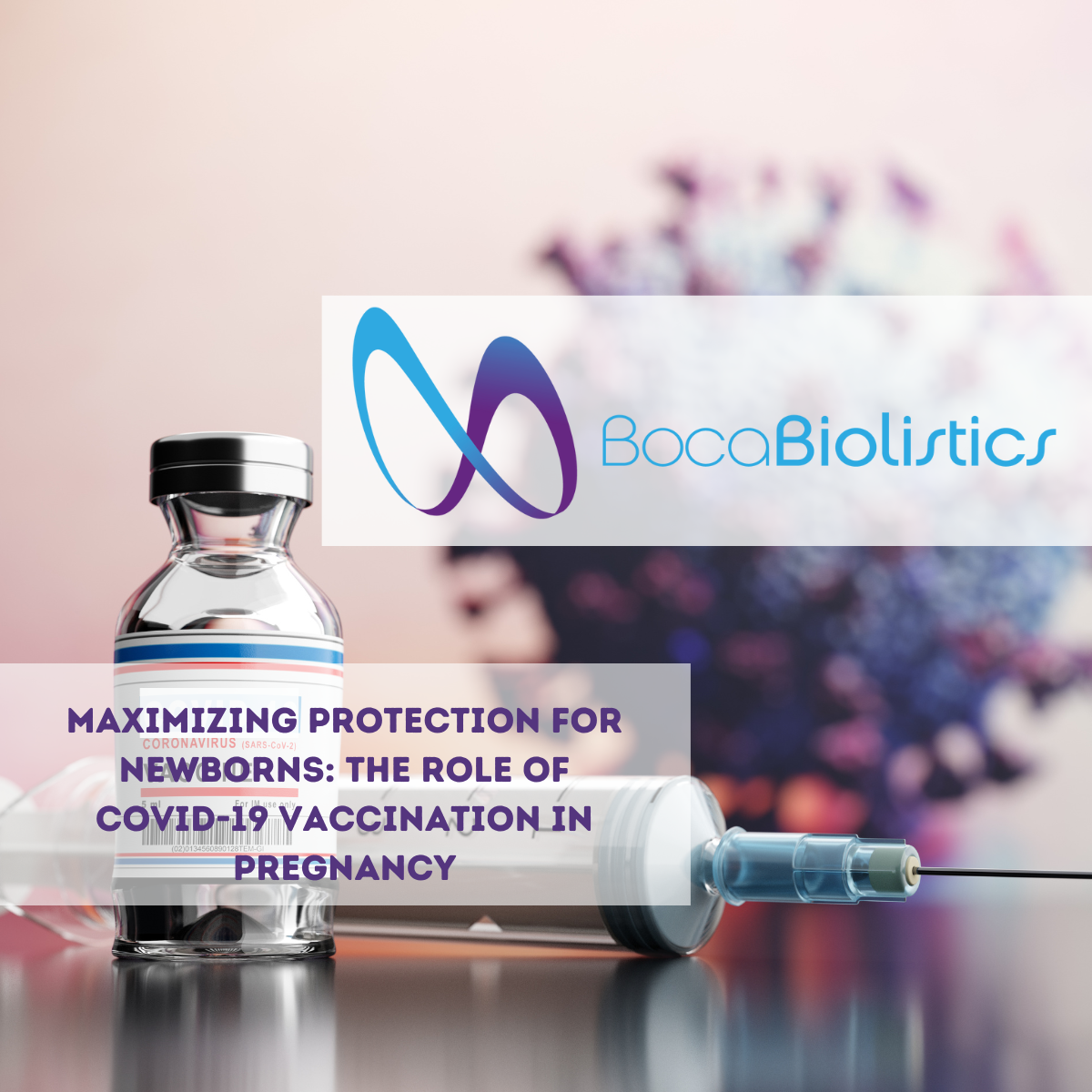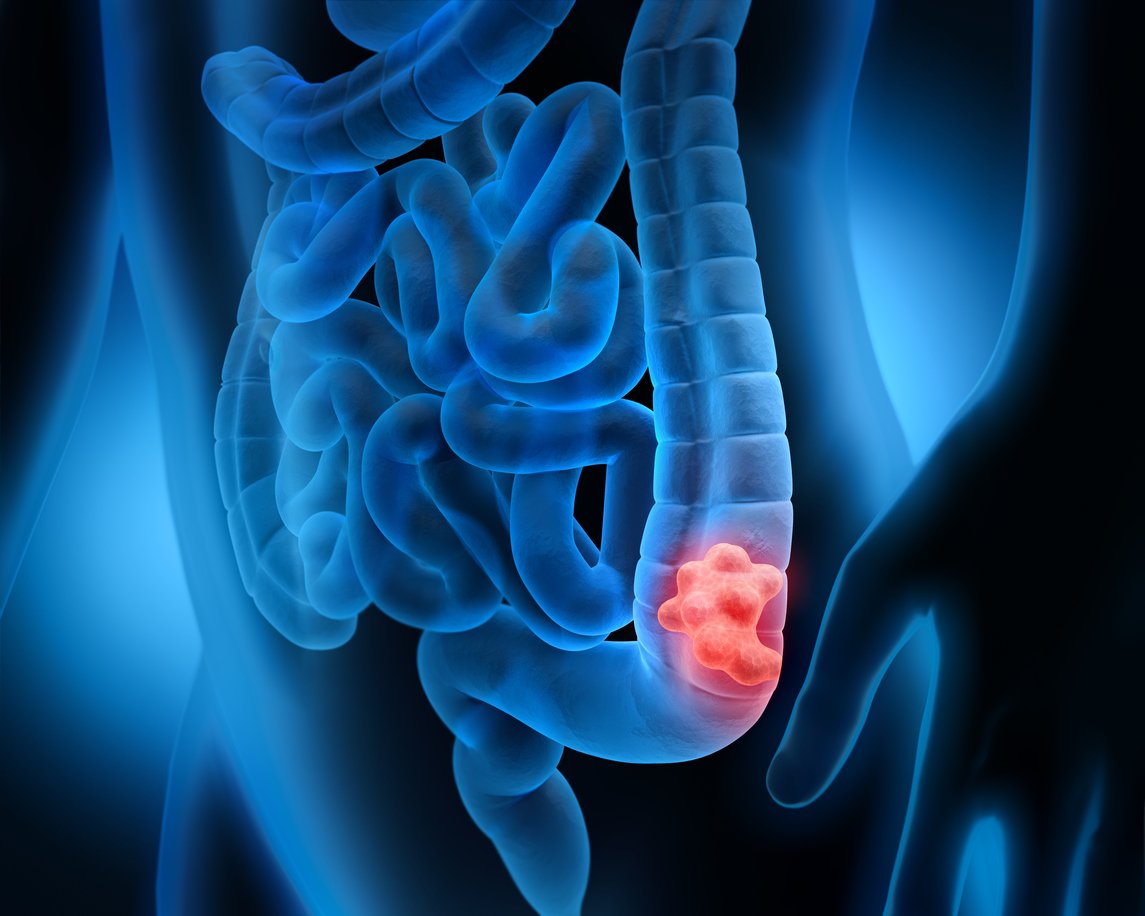As we head into 2023, cancer remains the second most common cause of death in the United States. Researchers projected that there would be 1.9 million new cases of cancer and over 600,000 cancer-related deaths across the country in 2022. That equals about 1,670 deaths per day.
While cancer remains a very serious disease, significant progress has been made in curbing its mortality rate. In this article, we will provide a brief overview of cancer in general, the steps that have been made toward reducing cancer deaths in the past 30 years, and the role of biobanking and biospecimens in the new era of cancer research.
What is Cancer?
Cancer is a disease characterized by damaged cells that proliferate and spread to other parts of the body. Cancer can originate almost anywhere in the human body before spreading to other regions.
Typically, human cells grow and multiply naturally through cell division to produce new cells that the body needs. When a cell is damaged, however, it can lead to a breakdown in the regulation of cell division. The resulting proliferation of damaged, over-replicating cells results in lumps of tissue called tumors. If left untreated, cancerous tumors – which spread and invade other body parts – can cause severe illnesses and even death.
There are numerous types of cancer, each named by their point of origin in the body. The most common types include:
- Lung cancer
- Breast cancer
- Prostate cancer
- Skin cancer
- Colorectal cancer
Cancer is a genetic disease caused by changes in the genes responsible for controlling cell function; specifically how they grow and divide. These changes can be caused by a myriad of factors, including:
- Exposure to harmful chemicals called carcinogens
- Radiation
- Inherited genetic mutations
Cancer Mortality on a Decline
According to the American Cancer Society (ACS), the risk of dying from cancer in the US has remarkably decreased over the last 30 years. The ACS's annual report indicated that cancer-related deaths in men and women plummeted by 32% from 1991 to 2019, the most recent year data was collected.
The drop in the mortality rate from 1991 to 2019 represents virtually 3.5 million fewer cancer deaths over the last 28 years. Perhaps the biggest contributor to the declining rate of cancer-related deaths is the significant decrease in smoking in the United States, which led to considerable declines in lung and other smoking-related cancers.
Other factors that have brought down the cancer mortality rate include:
- Post-surgery chemotherapy for breast and colon cancer
- Multidisciplinary treatment programs for various cancers
- Prevention and early detection through screening for the common cancers
The rate at which cancer deaths are decreasing is also on the rise. Throughout the 1990s, the number of cancer-related deaths dropped by about 1% every year. From 2015 to 2019, there was a 2% drop in cancer-related deaths each year. The accelerated annual decrease demonstrates the effectiveness of cancer awareness, prevention, screening, early diagnosis, and treatment. With continued advances in diagnostics and treatments, a zero-cancer future seems to be a very real possibility.
How Biobanking Unlocks the Future of Cancer Diagnosis and Treatment
The use of human biospecimens for cancer research has already begun to change the way we diagnose and treat cancer. Boca Biolistics is a hybrid CRO and Biobank working to provide these biospecimens to the researchers who can use them. Through biobanking, biological samples like serum, plasma, tissue, and more can be stored and preserved almost indefinitely. But Boca Bio captures more than just the physical sample: along with the biospecimen, we capture swaths of important clinical data, including family history, genetic predisposition, lifestyle risks, key mutations, and much more.
With access to Boca Bio’s large collection of highly-characterized specimens, researchers can uncover further insights into the way cancers originate and move throughout the body. By looking at genetic and molecular differences in healthy and cancerous tissues, scientists can discover new markers and targets to help identify cancer at its earliest stages. This research in turn could lead to earlier diagnoses that prevent further cancer development and save patient lives.
These samples give researchers the tools to do more than just develop better detection methods. Access to banked biospecimens also allows researchers to track the effectiveness of different cancer treatments and identify treatment patterns that may not have been readily apparent. Using their findings, they can improve the accuracy of diagnostics and treatment recommendations, resulting in better outcomes for patients.
Over the past thirty years, there has been significant progress in the fight against cancer. Increased awareness and improved treatment strategies have drastically reduced the number of cancer fatalities in the United States and across the world. But the next step in cancer research will be unlocked by the biospecimens being stored by biobanks like Boca Biolistics. We’re dedicated to facilitating research that will improve patient outcomes and save patient lives.
To learn more about what Boca Bio has to offer, please give us a call at 954-449-6126
We want to put our tools in your hands so that together, we can continue Driving Science Forward.

